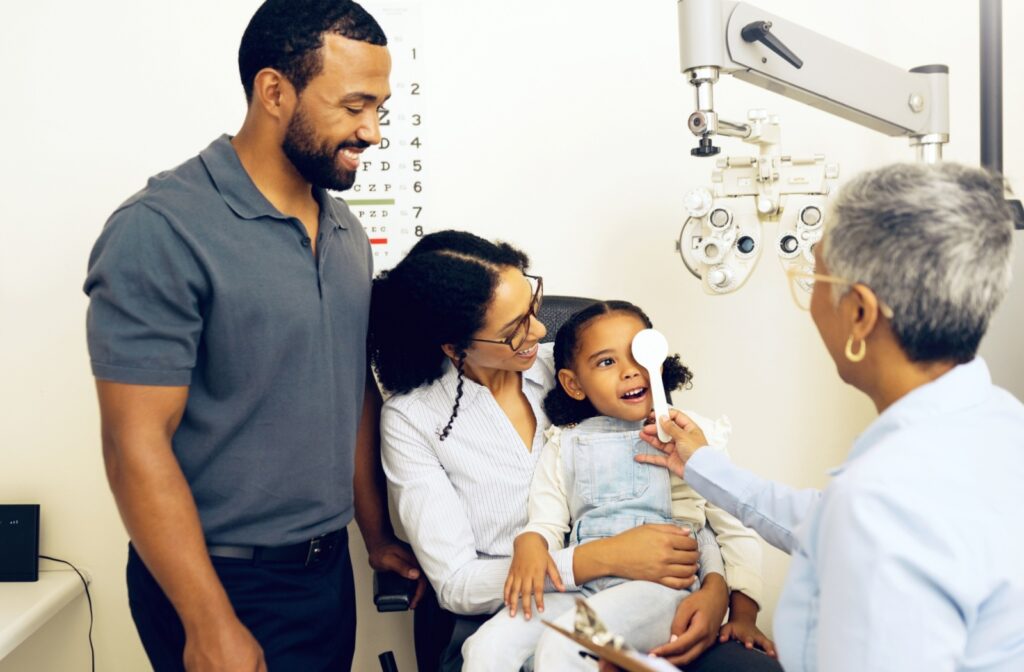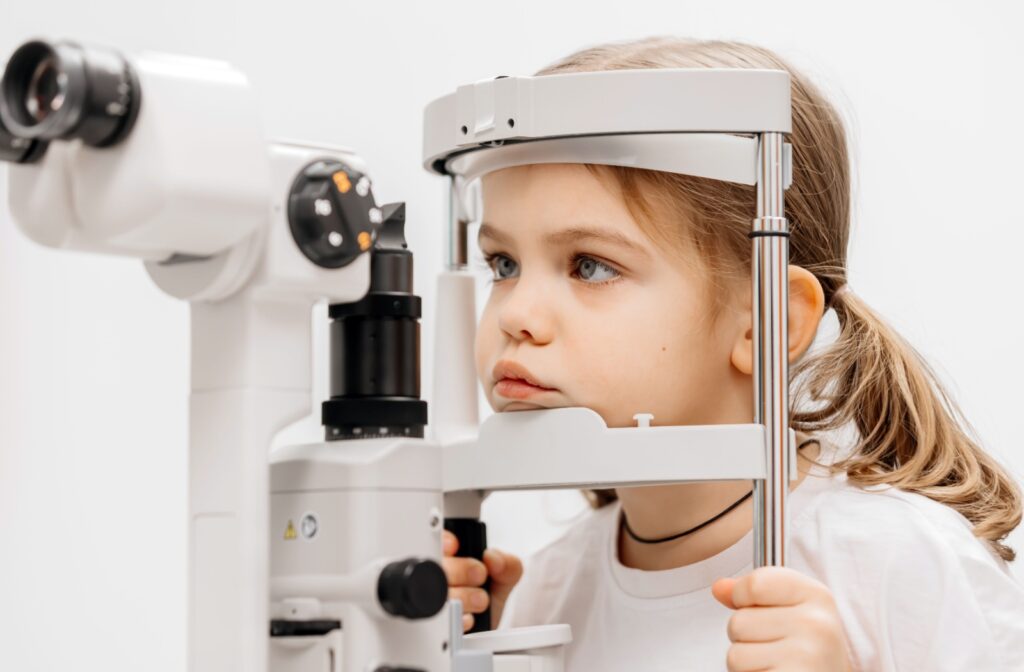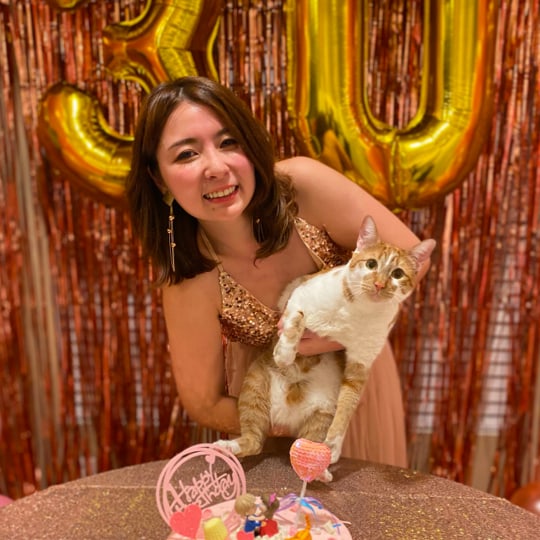Your child’s vision plays a big part in how they learn about the world. From the classroom to the playground, clear sight helps them develop and grow. Scheduling regular pediatric eye exams is a simple way to support their overall health and well-being.
Knowing when to schedule these visits helps you stay ahead of potential issues. We recommend children have their first comprehensive eye exam between 6 and 12 months of age, with follow-up appointments at key developmental stages. This approach helps support their vision as they grow.
The Importance of Early Eye Exams for Children
So much of a child’s learning happens visually. Healthy vision is deeply connected to physical, cognitive, and social development. It affects everything from hand-eye coordination to reading and recognizing facial expressions.
Children often don’t realize their vision is different from anyone else’s; they simply assume what they see is normal. That’s why a trip to an eye doctor is so valuable. It’s the only way to know for sure that their eyes are healthy and working together correctly.
Recommended Eye Exam Schedule for Your Child
Understanding how often your child needs an eye exam can help catch any concerns early on. While every child is different, here is a general timeline you can use as a guide for pediatric eye care. Your eye doctor can help you create a schedule that fits your child’s specific needs.
Newborn–12 Months
A pediatrician typically checks your baby’s eyes shortly after birth for basic health indicators. You should schedule their first comprehensive exam with an eye doctor between 6 and 12 months of age. This visit establishes a baseline for their visual development.
Toddler and Preschool Years
Your child should have another eye exam around age 2 and again before they start first grade, around age 5. These exams check that their vision is developing as it should for learning. Healthy vision is a cornerstone of school readiness.

School-Age Children
Once your child is in school, an annual eye exam is often recommended. If they need glasses or have other vision concerns, your eye doctor might suggest more frequent visits. Consistent check-ups help monitor their vision through important growth years.
Common Signs Your Child May Need to See an Eye Doctor
Between scheduled appointments, watch for signs that your child may have a vision issue, such as myopia. Children may not know how to explain what they’re experiencing. If you notice any of the following behaviors, it might be time to schedule a visit with an eye doctor in Scottsdale:
- Squinting or rubbing their eyes often
- Covering one eye to see better
- Tilting their head to look at things
- Unusual sensitivity to bright light
- Holding books or tablets very close to their face
- Frequent red, scratchy, or watery eyes
- Complaints of headaches or eye pain
- Trouble with concentration at school
- Appearing more clumsy than usual
Risk Factors That Call for More Frequent Visits
Some children have a higher likelihood of developing eye conditions and may need a more frequent exam schedule. It’s a good idea to talk with an eye doctor if your child has any of these factors:
- A family history of childhood eye conditions
- Born prematurely or with a low birth weight
- A previous diagnosis of a vision issue, such as amblyopia (lazy eye) or strabismus (crossed eyes)
- A medical condition such as juvenile diabetes, which requires specialized diabetic eye care
- A previous eye injury
You can discuss these factors with your child’s eye doctor in Scottsdale. Together, you can create a personalized exam schedule that provides peace of mind. Regular visits are a key part of managing your child’s long-term health.
What a Pediatric Eye Exam Involves
Knowing what to expect at a pediatric eye exam can make the experience comfortable and positive for your child. The appointment usually starts with a conversation about your child’s health, any vision concerns you’ve noticed, and your family’s eye health history. From there, the assessments are tailored to your child’s age and communication abilities.
Exams for Infants and Toddlers
For young children who typically can’t speak or read yet, eye doctors use special methods to check their vision. We may use lights and toys to see how your child’s eyes follow objects. We can also use cards with patterns to assess how well they can see without needing to say a word.
Exams for Older Children
For older kids, the exam might include familiar eye charts with letters, shapes, or pictures. The eye doctor will also check their eye alignment, muscle movement, and depth perception. We also evaluate the overall health of the front and back of their eyes.
School Screenings vs. A Comprehensive Exam
A school vision screening can be a great tool for spotting potential vision problems that could affect learning. However, these quick checks are not a substitute for a comprehensive exam with an eye doctor. Screenings typically only test for distance vision.
A comprehensive eye exam is much more thorough. It evaluates not just your child’s clarity of vision but also their eye health, eye teaming skills, and other visual abilities necessary for reading and learning. A full exam from an eye doctor in Scottsdale gives you a complete picture of your child’s eye health.
Take Care of Their Eyes Today
Your child’s vision is a precious resource for their journey through life. At Eye Lab, we are dedicated to providing personable and comprehensive eye care for your entire family. If you have questions about your child’s vision or are ready to schedule their next exam after two years of age, our team is here to help.





